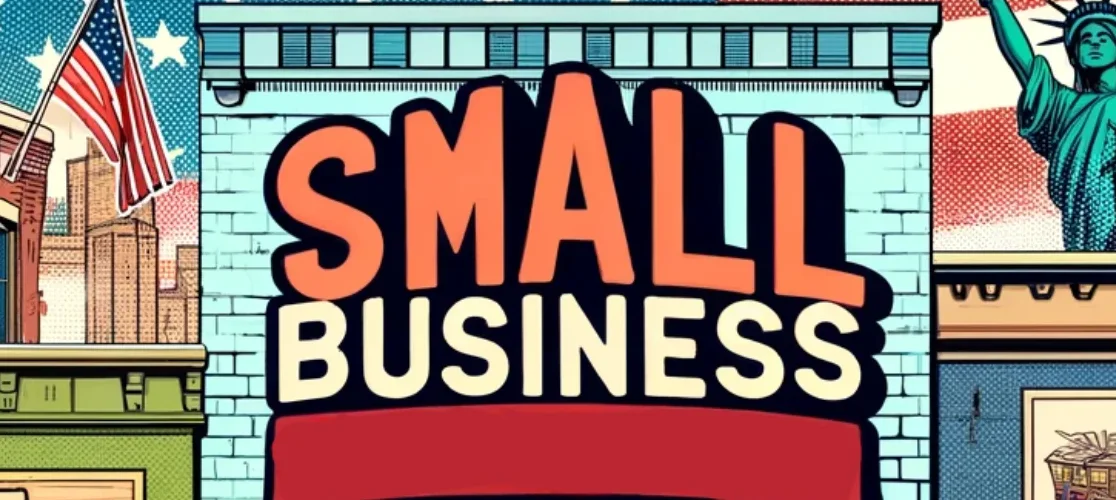
Small businesses play a vital role in the American economy, contributing significantly to job creation, innovation, and economic growth. However, starting and running a small business can be challenging, especially when it comes to securing financing and accessing resources. This is where the Small Business Administration (SBA) steps in, providing support and assistance to entrepreneurs and small business owners across the United States. In this blog post, we will explore the SBA’s role, functions, and how it helps small businesses thrive.
What is the Small Business Administration?
Small Business Administration (SBA) is a federal agency established in 1953, with a mission to aid, counsel, assist, and protect the interests of small business owners. It operates under the principle that small businesses are the backbone of the American economy and deserve opportunities for growth and success.
Key Functions of the SBA
Access to Capital: One of the most crucial functions of the SBA is to provide access to capital for small businesses. The SBA doesn’t directly lend money to small business owners but instead works with banks and other lenders to guarantee loans, making it easier for entrepreneurs to secure financing.
Business Counseling and Education: The SBA offers various programs and resources to educate entrepreneurs on how to start, manage, and grow their businesses. This includes workshops, online courses, and one-on-one counseling services through its network of Small Business Development Centers (SBDCs), Women’s Business Centers (WBCs), and SCORE (formerly the Service Corps of Retired Executives) chapters.
In addition to its year-round efforts to assist small businesses, the Small Business Administration (SBA) also hosts an annual initiative known as the “SBA’s Season of Small Business.” This special event celebrates entrepreneurship and shines a spotlight on small businesses across the nation. Read more
Government Contracting: The SBA helps small businesses access government contracts, which can be a significant source of revenue. Through initiatives like the 8(a) Business Development Program and the HUBZone Program, the SBA ensures that a portion of government contracts goes to small businesses, including those owned by minorities, women, and veterans.
Disaster Assistance: In times of natural disasters or economic crises, the SBA provides disaster loans to help small businesses rebuild and recover.
Advocacy and Policy: The SBA advocates on behalf of small businesses in the development of government policies and regulations. It represents the interests of small business owners in the federal government and ensures that their voices are heard.
How the SBA Helps Small Businesses Succeed
Access to Affordable Loans: Through its loan guarantee programs, the SBA reduces the risk for lenders, making it easier for small business owners to qualify for loans with lower interest rates and longer repayment terms.
Business Development Resources: Entrepreneurs can tap into a wealth of knowledge and expertise through the SBA’s network of SBDCs, WBCs, and SCORE chapters. These resources offer training, mentorship, and assistance with business plans, marketing strategies, and financial management.
Contracting Opportunities: The SBA’s contracting programs help small businesses secure government contracts, fostering growth and stability. It also encourages prime contractors to work with small businesses as subcontractors.
Advocacy: By advocating for favorable policies and regulations, the SBA helps level the playing field for small businesses, ensuring fair competition in the marketplace.
What is SBA Loan?
When discussing the Small Business Administration (SBA) and its role in supporting small businesses, it’s essential to delve into one of its most notable offerings: SBA loans. An SBA loan is a financial tool that can make a significant difference for entrepreneurs and small business owners looking to secure funding for various purposes, from startup capital to expansion or working capital.
Key Features of SBA Loans
Government Guarantees: SBA loans are not directly issued by the SBA. Instead, the SBA partners with approved lenders, such as banks and credit unions, to provide guarantees on a portion of the loan amount. This guarantee mitigates the lender’s risk, making it easier for small businesses to access financing.
Variety of Loan Programs: The SBA offers several loan programs tailored to meet the specific needs of different businesses. The most popular include the 7(a) loan program, which provides general-purpose loans, and the 504 loan program, designed for real estate and equipment purchases.
Flexible Use of Funds: SBA loans can be used for various business purposes, including startup costs, working capital, equipment purchases, real estate acquisition, and debt refinancing. The flexibility of SBA loans makes them suitable for a wide range of small businesses.
Competitive Terms: SBA loans often come with competitive terms, such as low-interest rates and longer repayment periods, which can help ease the financial burden on small business owners.
Why Consider an SBA Loan?
Lower Costs: The SBA’s guarantee reduces the risk for lenders, resulting in lower interest rates and down payment requirements for borrowers.
Longer Repayment Terms: SBA loans typically offer longer repayment terms than conventional loans, allowing businesses to manage their cash flow more effectively.
Access to Capital: SBA loans are often easier to obtain than traditional loans, making them a valuable resource for businesses that may have difficulty securing financing through other means.
Support for Growth: Whether you’re launching a new venture or expanding an existing one, SBA loans provide the capital needed to fuel growth and achieve your business goals.
Small Business Administration plays a pivotal role in supporting the growth and success of small businesses across the United States. Whether you’re an aspiring entrepreneur looking for guidance on starting your own venture or an existing small business owner seeking access to capital or government contracts, the SBA is a valuable resource to consider.